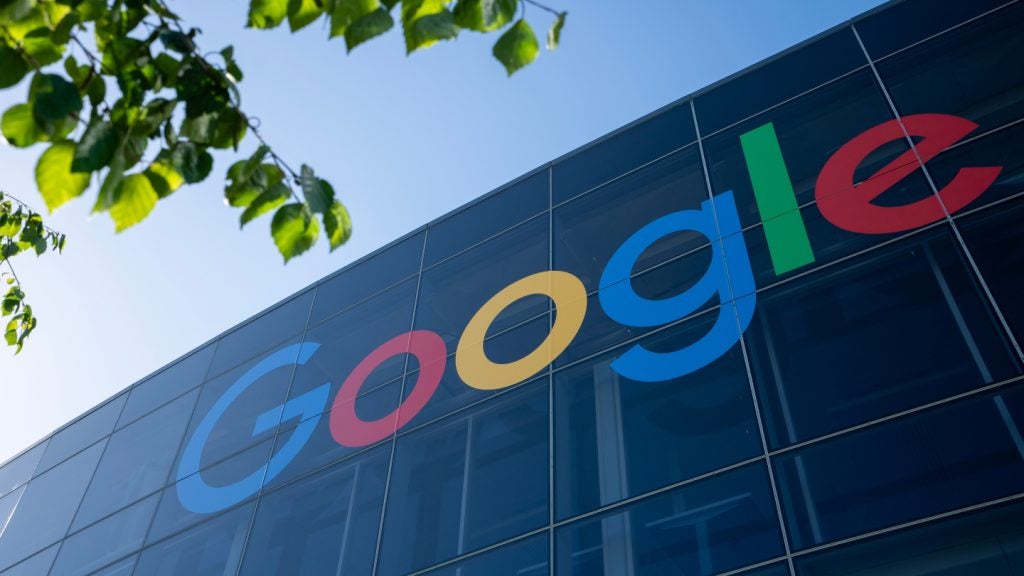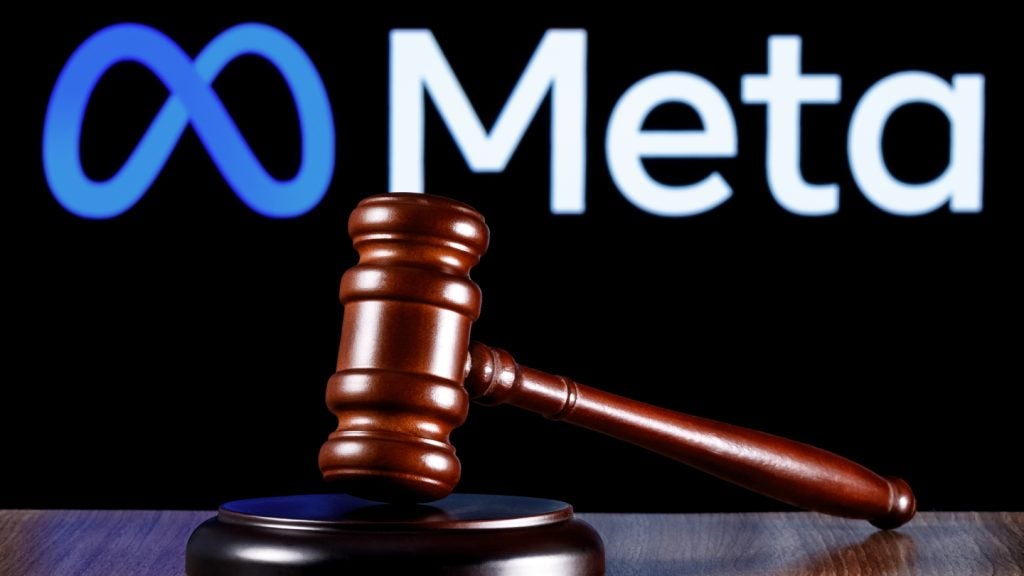
A federal judge has delivered another blow against Apple in the battle for App Store payment supremacy. District judge for the Northern District of California Yvonne Gonzalez Rogers is ordering the firm to obey the ruling in the Epic trial, saying its plea to stay an injunction was “fundamentally flawed”.
The ruling in the court case between the iPhone maker and the Fortnite gaming studio was handed down in September.
While Apple won most of the counts in the case, it lost on one crucial point with Gonzalez Rogers ordering the iPad firm to allow developers on the App Store to inform users about alternative payment methods.
Payments had been at the core of the feud between the two companies, with the whole affair having kicked off when Epic informed players about a way to buy in-game monies that would circumvent Apple, meaning Cupertino wouldn’t get its 30% cut. Apple has up until now prohibited app devs to inform about alternative payment methods.
With the ruling in September, this fracas looked like it would come to an end. True to form, however, Apple has fought back against the decision, saying that it wouldn’t implement the changes until its appeal case had been decided.
During a 9 November hearing, Apple’s lawyers argued that introducing alternative means of payment within iOS would “upset the platform” and that it would “harm consumers”. Cupertino’s legal team implored the judge to stay off the injunction until the appeal case had been heard. In other words, Apple wanted to delay the changes for years.
How well do you really know your competitors?
Access the most comprehensive Company Profiles on the market, powered by GlobalData. Save hours of research. Gain competitive edge.

Thank you!
Your download email will arrive shortly
Not ready to buy yet? Download a free sample
We are confident about the unique quality of our Company Profiles. However, we want you to make the most beneficial decision for your business, so we offer a free sample that you can download by submitting the below form
By GlobalDataNow Gonzalez Rogers has informed the iPhone maker that she’ll have none of that and that Apple must obey the previous ruling.
In a court order filed 10 November, she said: “In short, Apple’s motion is based on a selective reading of this Court’s findings and ignores all of the findings which supported the injunction, namely incipient antitrust conduct including super competitive commission rates resulting in extraordinarily high operating margins and which have not been correlated to the value of its intellectual property.
“This incipient antitrust conduct is the result, in part, of the anti-steering policies which Apple has enforced to harm competition. As a consequence, the motion is fundamentally flawed.”
Apple is not giving up and will appeal the order, with a spokesperson telling TechCrunch: “Apple believes no additional business changes should be required to take effect until all appeals in this case are resolved. We intend to ask the Ninth Circuit for a stay based on these circumstances.”
Epic seems to have responded to Gonzalez Rogers’ ruling with a mixture of glee and exhaustion.
When asked whether he considered this a win for the Fortnite maker, Epic CEO Tim Sweeney said: “Well technically it’s a win for all developers except Epic, because Apple decided to block Fortnite from the app store throughout the entire appeals process, which may last many years.”
Well technically it's a win for all developers except Epic, because Apple decided to block Fortnite from the app store throughout the entire appeals process, which may last many years.
— Tim Sweeney (@TimSweeneyEpic) November 10, 2021
Despite the court ruling in September, Apple has said it wouldn’t reinstate Epic on the App Store until the appeal process has concluded.
Regulators in the EU, Russia and South Korea are also applying pressure on Apple to change its App Store payment practices.
Cupertino is also pressured to allow alternative app stores on its different platforms, something Apple has contended, arguing it would weaken the digital defences users have on its different devices.
That’s despite Apple ranking sixth out of 44 companies for application software in GlobalData’s cybersecurity thematic scorecard and below Google and Microsoft – both of which manage their own app stores.







